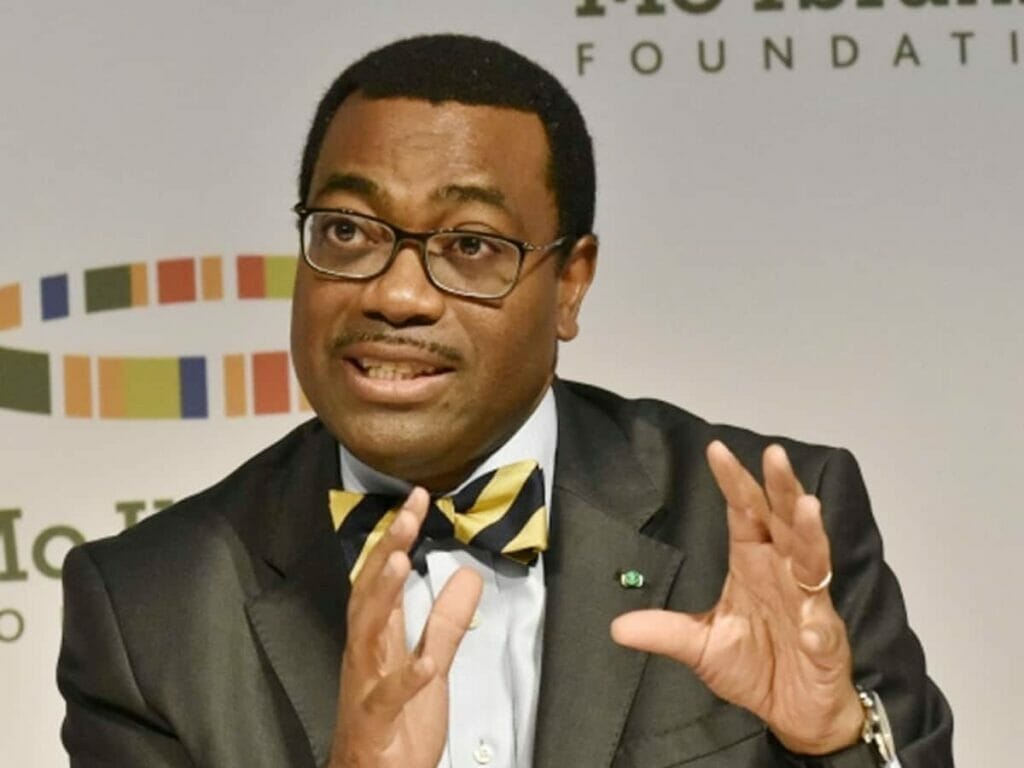- Akinwumi Adesina revealed Nigeria loses $29 billion yearly due to unreliable power supply, significantly impacting the nation’s GDP and economy
- Adesina emphasized that urgent government intervention is needed to address Nigeria’s electricity crisis, affecting millions lacking access to power
Akinwumi Adesina, President of the African Development Bank Group (AfDB), has revealed that Nigeria loses approximately $29 billion annually due to an unreliable power supply. This loss, equivalent to 5.8% of the nation’s Gross Domestic Product (GDP), is a significant blow to the country’s economy.
Adesina highlighted this during a lecture titled “Building a Global Nigeria” in Abuja, which was held to mark the 90th birthday of retired General Yakubu Gowon. He emphasized that the high cost and unreliable electricity supply are major challenges facing Nigeria’s manufacturing industries.
He explained that inconsistent power availability and frequent load shedding have led to higher and uncompetitive manufacturing costs. Most Nigerian manufacturers rely heavily on generators, diesel, and heavy fuel oil to meet their energy needs. According to estimates from the International Monetary Fund (IMF), Nigerians spend $14 billion annually on generators and fuel.
“There is no other way to say it, lack of electricity is killing Nigerian industries,” Adesina stressed.
He also cited the Manufacturers Association of Nigeria (MAN), which reported that industries spent N93.1 billion on alternative energy sources in 2018. Adesina said the situation calls for urgent government intervention to revive the country’s economy, noting that despite Nigeria’s abundant gas and crude oil resources, 86 million people still live without electricity.
Nigeria currently holds the unfortunate distinction of being the world’s leader in the total number of people without access to electricity. This situation poses a significant obstacle to achieving the vision of a “global Nigeria.” To address this, Adesina stressed the importance of achieving universal electricity access.
On AfDB’s role, Adesina stated that the bank had made significant investments to support Nigeria’s power sector, including a $200 million investment in the Nigeria Electrification Project to bridge the electricity access gap. Additionally, AfDB invested $210 million in the Nigeria Transmission Project to strengthen grid power evacuation and regional interconnection.
He also discussed the Desert to Power initiative, a $20 billion program to provide electricity to 250 million people across 11 Sahel countries, including northern Nigeria. This initiative is expected to create the world’s largest solar zone and is part of AfDB’s broader energy strategy.
Adesina mentioned that the AfDB and the World Bank Group have committed to connecting 300 million Africans, including Nigerians, to electricity by 2030.
